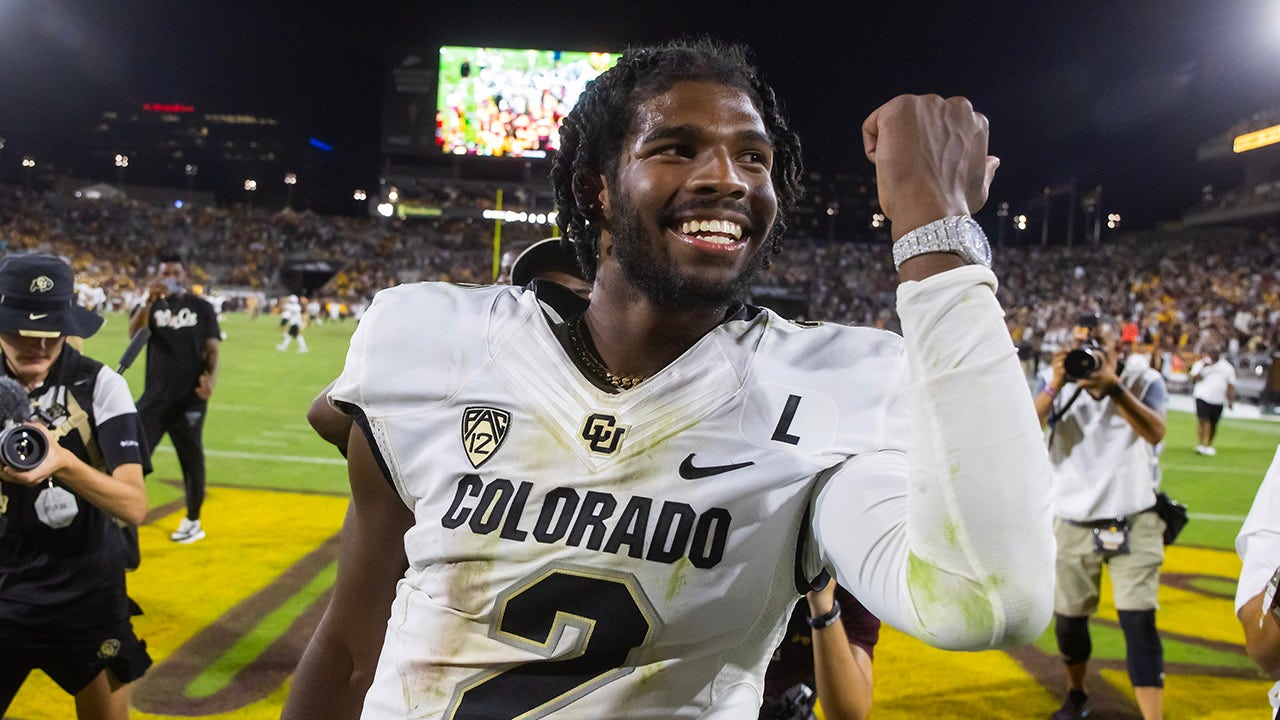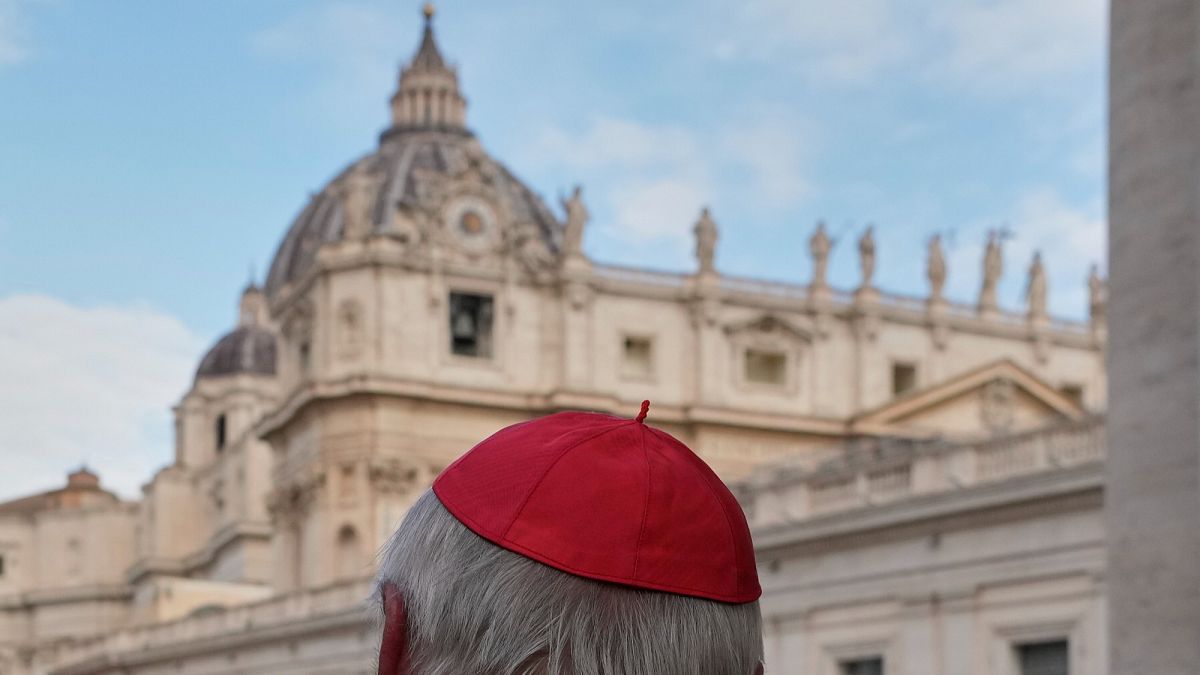While the Catholic Church’s College of Cardinals is still roughly one-eighth Italian, there is no guarantee that any of their compatriots will become the next pope.
After centuries of Italian pontificates, the election of the Polish Pope John Paul II in 1978, the first non-Italian pontiff in 455 years, marked a significant paradigm shift. There has not been an Italian pope since.
Instead, the Church was led by Pope Benedict XVI, from Germany, and then Pope Francis, from Argentina, the first South American at the helm.
In recent decades, the Church has clearly trended toward internationalisation and begun listening more closely to its peripheries. This orientation reflects a profound demographic transformation in the Church: while in Europe — and particularly in Italy — the number of faithful is decreasing, congregations in the Global South are growing strongly.
Some critics believe that an Italian Pope could buck this trend, marking a return to a more “Roman” and less synodal Church. Nonetheless, there are Italian cardinals who are thought to be in the race to be Pope Francis’ successor.
Cardinal Pietro Parolin
The current Secretary of State of the Holy See, the 70-year-old Cardinal Pietro Parolin will lead the conclave that’s soon to begin in the Sistine chapel.
Originally from the Italian region of Veneto, he studied at the Pontifical Ecclesiastical Academy, the school for future Vatican ambassadors.
Nicknamed “the silent cardinal” by some colleagues for his ability to influence decisions without leaving himself politically exposed, he is known for a sober and reserved personal style that some describe as “almost monastic”.
He is considered to be one of the few men of the Curia whom Pope Francis really trusted. He was often entrusted with confidential and delicate missions, including dialogue with Russia (where most faithful are Orthodox Christian) and managing relations with the Venezuelan government.
Strengths: Parolin is the most experienced diplomat in the Roman Curia. He has guided the Holy See’s foreign policy with a firm hand in extremely complex years, marked by global crises, internal Church tensions and unprecedented challenges.
An example: in 2014, as Russia first invaded Ukraine, Parolin personally ensured the Vatican kept a channel open with Moscow, despite being criticised by Western circles. Pope Francis appreciated his patient approach and long-term vision.
Parolin was also the principal architect of the provisional agreement between the Vatican and China on the appointment of bishops — a historic, albeit controversial deal that showed he could deal with difficult and non-transparent interlocutors.
He is highly regarded within the College of Cardinals for his balance, confidentiality and ability to hold together different sensitivities, qualities that make him a “safe” figure for many in the Church’s upper echelons.
Weaknesses: Parolin’s profile is distinctly curial, with little connection to the pastoral dimension of the Church’s work. This could work against him in a conclave dominated by a demand for “closeness” with congregations and a renewal of the relationship between the Church and the faithful.
Some perceive him as too prudent, almost excessively diplomatic, without an inspiring vision comparable to that of Pope Francis or John Paul II.
Cardinal Matteo Zuppi
If Parolin is the more solid candidate from an institutional and diplomatic perspective, Zuppi is stronger on the pastoral and popular fronts.
Metropolitan Archbishop of Bologna, the 69-year-old Zuppi has served three years as president of the Italian Bishops’ Conference, and is considered a moderate progressive — attentive to social issues, peace, and inclusion, but without questioning Catholic doctrine.
He is not a revolutionary theologian, but rather a pragmatic pastor, who envisions a Church with a human face, centred on mercy, proximity and the lived gospel.
He supports the synodal path pursued by Pope Francis, but always seeks a balance between the different souls of the Church.
Zuppi could yet emerge as a figure of consensus, capable of holding together reformists and moderates. Should the conclave produce a stalemate between conservative and progressive candidates, Zuppi — known for his ability to inspire trust and build bridges — could represent a third way.
Strengths: Zuppi is known for his measured and direct style, for his attention to the least and for an open, dialogic, non-ideological vision of the church.
His long collaboration with the Community of Sant’Egidio, where he trained as a mediator in peace negotiations in Mozambique, lends him international credibility and a diplomatic sensitivity uncommon among Italian bishops. Testament to that is Pope Francis’ choice of him to serve as a special envoy for peace in Ukraine.
His profile is very close to the late pontiff’s, so much so that many consider him “the most Francis-alike Italian” of the current cardinals.
Weaknesses: It is precisely Zuppi’s harmony with Francis that may turn some in the conclave against him, especially those cardinals who see the need for a “correction” or at least a rebalancing away from Pope Francis’ approach to social, migratory and synodal matters.
Cardinal Pierbattista Pizzaballa
Belonging to neither the classical curial nor the Vatican tendencies, 60-year-old Pierbattista Pizzaballa is a Franciscan with a strong spiritual and diplomatic profile, one he developed over three decades spent between Israel, Palestine, Syria, Jordan and Lebanon.
The Patriarch of Jerusalem of the Latins, Pizzaballa was trained mainly in the Holy Land, where he has lived permanently since 1990. He was Custos of the Holy Land from 2004 to 2016, a very delicate position that made him a reference figure among the local Christian communities and a credible interlocutor in relations with Judaism and Islam.
In 2020 he was appointed patriarch, and in 2022, he became a cardinal.
He is overall aligned very closely with Pope Francis’ vision of a non-ideological Church open to dialogue that cares for the poor, is rooted in the peripheries, and stays committed to peace processes while remaining convinced of the centrality of the gospel.
During the conflicts in the Holy Land, he has stood out as a lucid and very human figure capable of radical gestures.
In the autumn of 2023, at the outset of the current war between Israel and Hamas, Pizzaballa publicly declared that he was willing to offer himself as a hostage in exchange for the release of children kidnapped during Hamas’ 7 October rampage — a highly symbolic gesture, much appreciated both inside and outside the Church.
Strengths: Pizzaballa has had an unconventional international experience well beyond the church’s European centre. Despite his alignment with the late pope’s pastoral orientation, he is perceived as a free thinker.
He is listened to and respected by Muslims and Jews in the Holy Land, and his work there has earned him a reputation for good management skills, balance and listening to local communities.
Weaknesses: His relatively recent appointment as a cardinal could prove a limitation, not because of his age but because of his disconnection from the network of relationships that count during a conclave.
Moreover, his Italian origin could be a negative factor, considering the widespread belief among many cardinals from the Global South and beyond that Italy has had enough popes in the last five centuries.
He also does not have a compact group supporting him as yet, but that could yet favour him if he positions himself as a third-way candidate.
Possible opponents include cardinals more closely linked to the Vatican’s core structures, such as Parolin, and those with a conservative orientation who would see in him a continuation of Pope Francis’ line.



